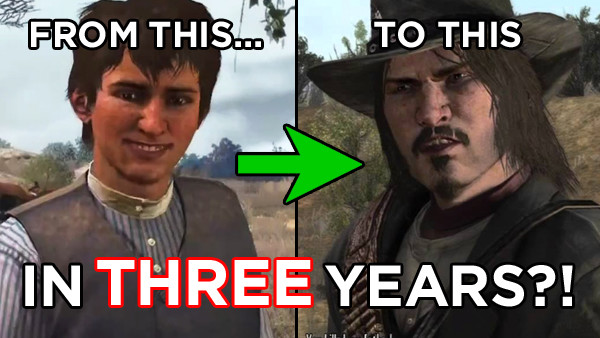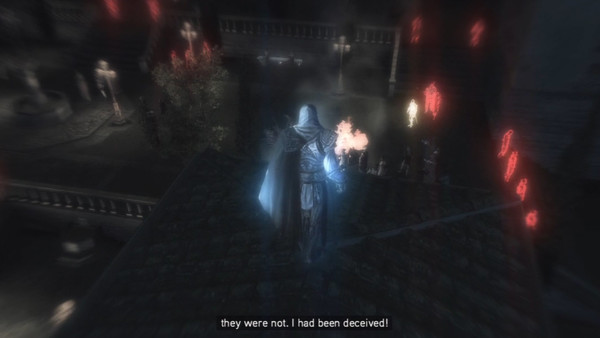10 Simple Questions That Break Famous Video Game Stories In Half
The most glaring plot holes in otherwise solid stories.

Video games have yielded some truly remarkable narrative experiences over the years, with some exemplary stories coming about even in the last decade. From being shunned and scorned by TV and film buffs in times past, video games have started to shine as a medium of storytelling, to the point where more and more games are being optioned for movie spin-offs.
Don't believe it? Well how do the likes of Star Wars: Knights of the Old Republic or Bioshock grab you? The reveal about the player's identity and the history of Darth Revan in KOTOR is probably one of the greatest Star Wars stories ever told, and the detail around the maddened underwater world built by Ayn Rand fanatics are just two examples of how powerful and effective these stories can be when told well.
Not all famous video game stories are as flawless as those of KOTOR or Bioshock, mind you, and some have enjoyed a seriously charmed life to be as popular as they are.
With glaring plot-holes piercing the veil of their believability, here I have ten video game stories that can be broken in half by some ludicrously simple questions...
10. What Is Eagle Vision Actually Representing?

Variations on Assassin's Creed's 'Eagle Vision' mechanic have become commonplace in numerous third person adventure games these days. When the tool became so prominent back in the original Assassin's Creed game, it was deemed to be a useful addition that helped players assume the role of the master assassin.
In the context of the events of the series, however, asking just what Eagle Vision is actually representing raises some pretty big questions about the story itself. Given that the technique allows players to mark targets through walls, around corners and even from a few floors below, just how is the protagonist able to pull off such witchcraft in real life?
It's never suggested that the assassins are genuinely able to see through solid walls, so how are the developers justifying the mechanic in-game? With the suggestion being that it's simply a dormant sixth sense that all humans have, it seems tremendously suspicious that only relevant heroes have been able to make use of it.
In the original game, the mechanic was also described as being the Animus' visualisation of an assassin's heightened observational skills, making it slightly paradoxical for a user of the machine to be able to see it too. If the Animus user gets the benefit of an occasional and supplementary ability at all times and uses that to complete their tasks, isn't there a bit of a chicken and egg scenario on the cards?